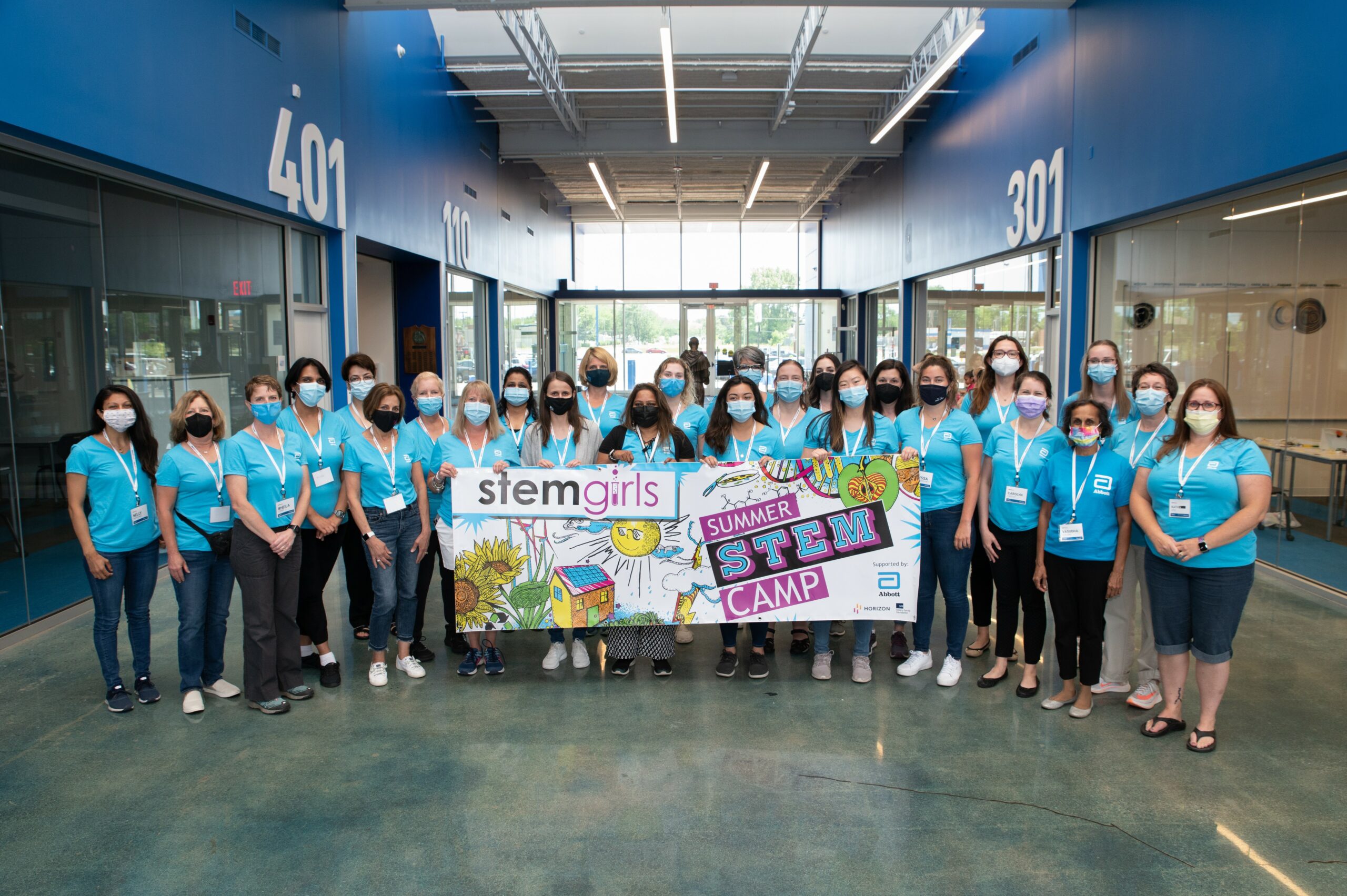
With 30,000+ employees, a healthy mix of Fortune 500s, mid-level companies and startups, and an $85 billion dollar output worldwide, Lake County’s life science ecosystem is among the biggest in the world. With great success comes great responsibility, and Lake County Partners is not one to rest on its laurels. We have been proud to team up with industry leaders like iBIO to prioritize innovation and cultivate talent. In this guest blog post, iBIO president and CEO John Conrad shares how the organization is fostering long-term bioscience success in Lake County and Illinois.
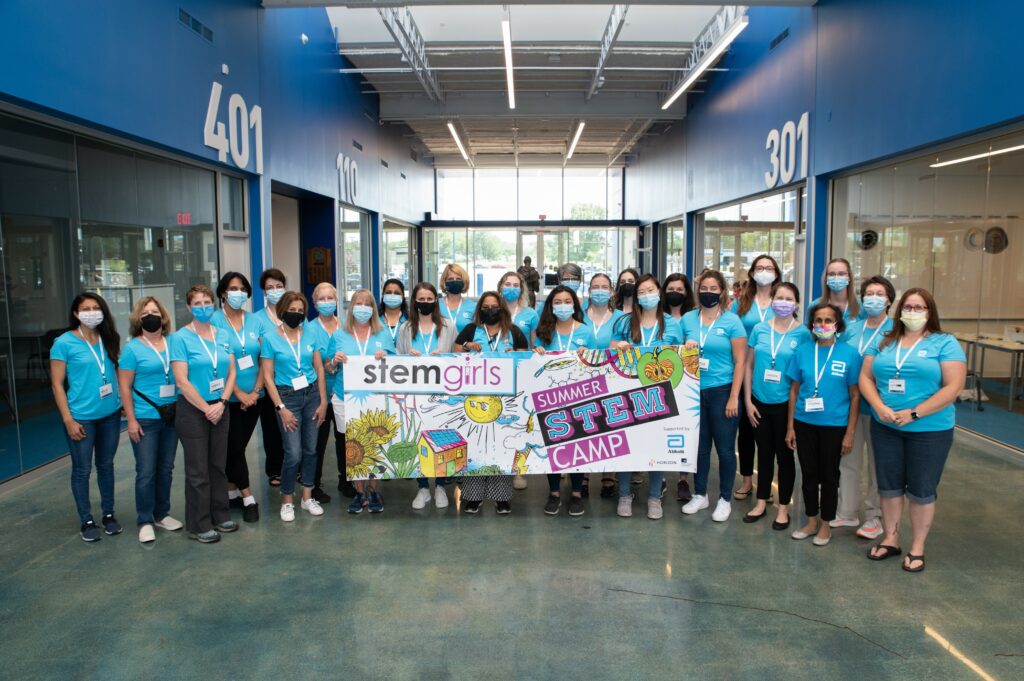
This week, nearly 100 rising third to eighth grade girls are convening at Cristo Rey St. Martin College Preparatory High School in Waukegan, Lake County’s county seat, to explore a wide variety of areas related to science, technology, engineering and mathematics (STEM). The weeklong gathering marks the launch of the Illinois Biotechnology Innovation Organization’s (iBIO) 2022 STEMgirls Summer Camp, which is made possible by the support of lead sponsor Lake County-based Abbott Laboratories.
More than a fun, hands-on educational opportunity for young students, the initiative underscores a critical pathway to ensuring the continued growth of life sciences in Illinois: attracting and fostering current and future talent.
To be sure, the Illinois biosciences industry is a national leader – with Lake County alone claiming home to global corporations such as AbbVie, Abbott, Baxter, Horizon Therapeutics and others. A large contributor to the Illinois economy, the state’s industry has an overall economic output of $98 billion and has experienced tremendous growth the past few years. iBIO’s most recent research report shows that Illinois ranked in the top five states nationwide with $2.7 billion in venture-capital investment between 2016 and 2019.
FOSTERING THE NEXT GENERATION OF LEADERS
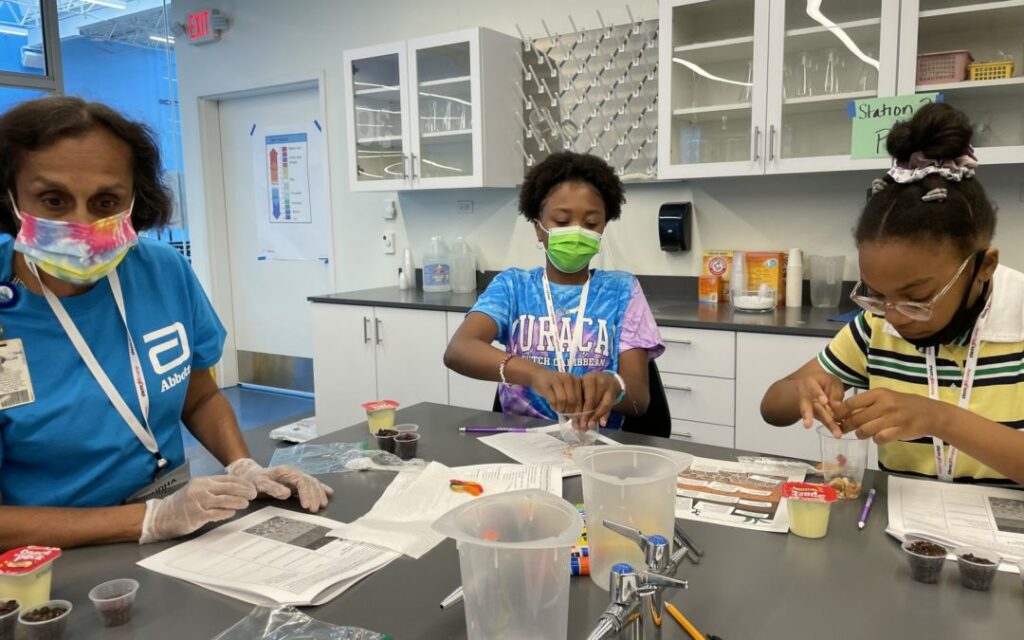
The Illinois Biotechnology Innovation Organization (iBIO) is a life sciences industry association that represents the nearly 88,000 life sciences employees at member companies, universities, service providers and venture firms. iBIO promotes the industry’s value to the public and policymakers; connects innovators to investment and talent; and stimulates collaboration and fosters the next generation of innovators and entrepreneurs to transform patient lives through groundbreaking research.
Chief among iBIO’s priorities is not only luring but retaining top talent as well as cultivating the next generation of innovators and entrepreneurs. Following are three key priorities to support the continued growth of the area’s life sciences industry:
- Retaining talent: Ensuring the biosciences community has access to early-stage capital
Illinois is home to 11 research universities. But to keep the innovative startups born from those universities in the state we need to ensure they have access to early-stage capital.
To that end, it is critical that the Illinois Small Business Innovation Research (SBIR) matching program is adequately funded in Illinois’ budget, which provides state matching funds for critical proof-of-concept federal SBIR grants.
Also, we need to make sure local companies are maximizing current programs, like prequalifying for the Illinois Angel Investment Tax Credit Program. Companies that leveraged the program attracted more than $40 million in angel funding, according to a 2020 report from The Department of Commerce & Economic Opportunity.
Finally, we must explore how we can adapt other existing programs, like the R&D Tax Credit, which needs to be permanent and adapted to provide support for our startup companies.
2. Fostering the next generation of innovators
Illinois-based life sciences companies spent more than $14 billion in R&D in 2018 according to publicly available reports. Nearly one-million square feet of lab space currently is either delivered or under construction. With this growth, we need to champion the next generation of innovators and entrepreneurs to fill that space.
Introducing youth to the STEM fields is paramount. What begins as a spark of interest may grow into a bioscience career. One major hurdle that education experts run up against is that efforts to expand female interest in STEM are not working as well as intended.
To address this challenge, iBIO proudly partners with schools and community organizations through several initiatives, including a STEM kit program and STEMGirls camp. iBIO has sent more than 6,000 kits to 330 Chicago metro school district students in grades three through eight as part of the STEM Kit program. The STEMGirls camp provides inclusive opportunities for young minds to engage in hands-on activities, gain exposure to influential female leaders in STEM careers, and see real-world examples of how STEM is used. To date, more than 1,000 girls have participated in the camp, which is focused on low-income and under-represented communities. Ensuring that young people see others who come from similar backgrounds exceed is vital to igniting their interest because they will be inspired by the drive and success they witness in these professionals.
3. Delivering growth through diversity
With more than 88,000 direct jobs and the highest-paying industry in Illinois, the life sciences industry needs a strong supply of qualified, trained workers. To achieve this, iBIO works with members to raise Illinois’ ability to attract and retain top health and life sciences talent across the highly competitive national markets.
FUELING LAKE COUNTY BUSINESS WITH TALENT
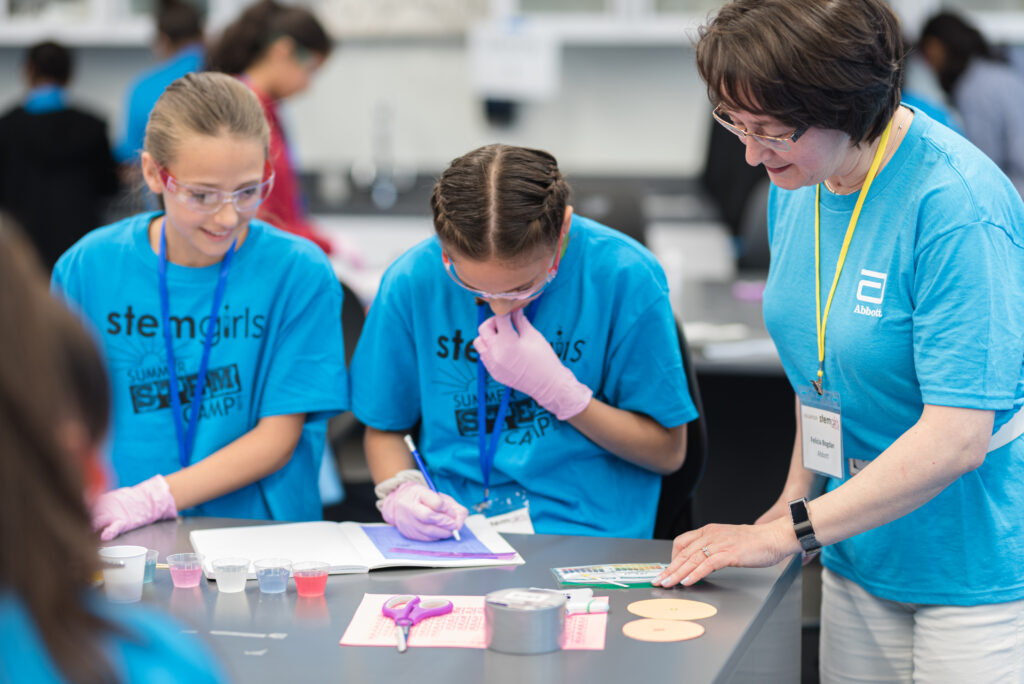
iBIO delivers industry-led STEM programs for teachers and students, thereby inspiring the next generation of innovators and helping restore America’s leadership in technology education. Click here to learn more about iBIO and its programs.
We are indebted to our partners at iBIO, and honored to work with them and the other stakeholders in the Lake County Workforce Ecosystem to fortify Lake County’s strong talent pipeline. Connect with us directly here for our help tapping into this resource and others designed to help your business grow in Lake County.
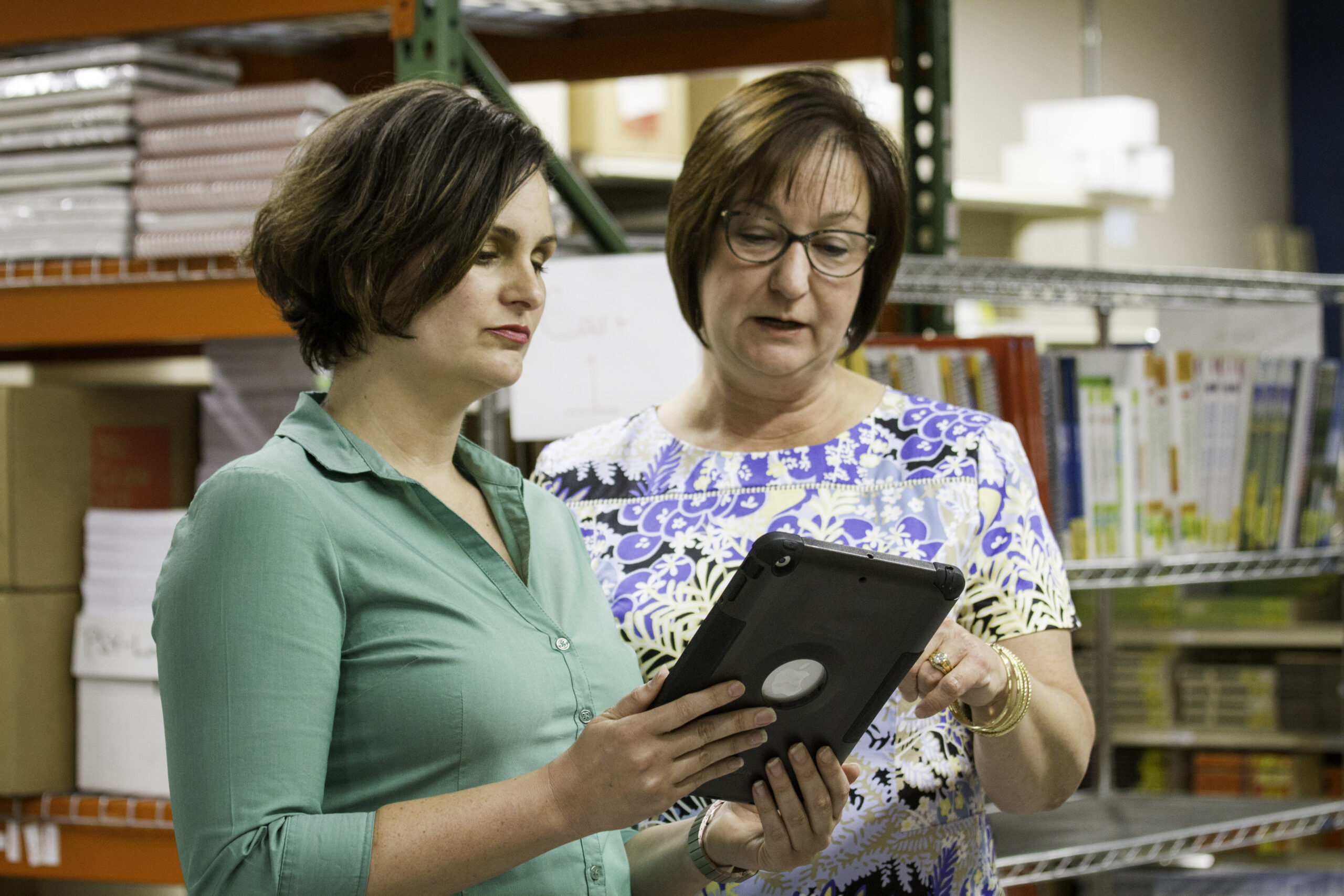

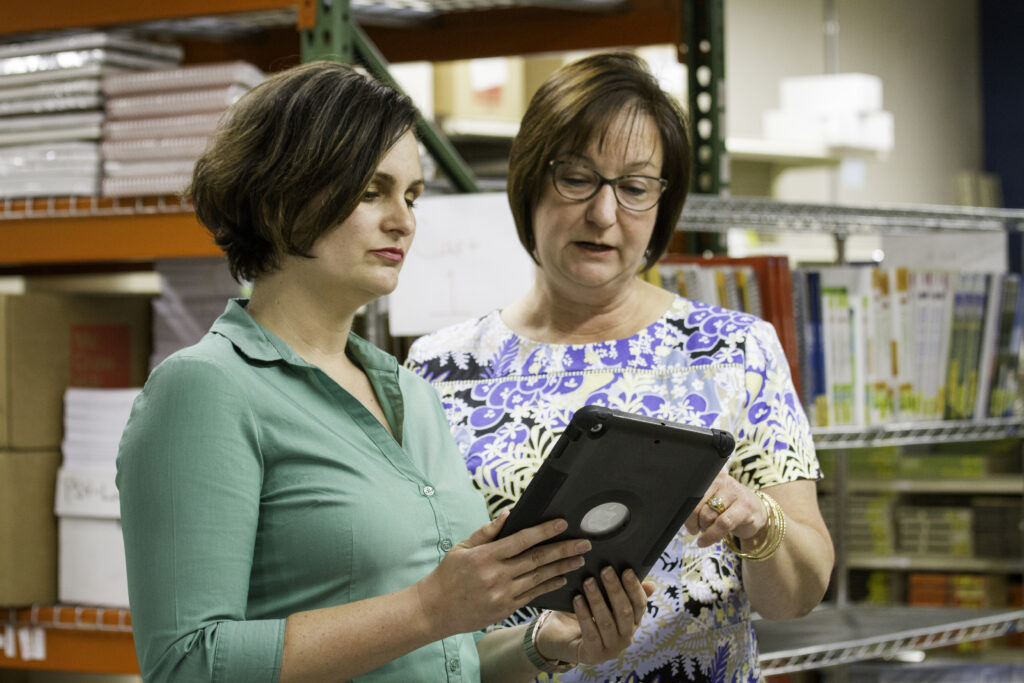
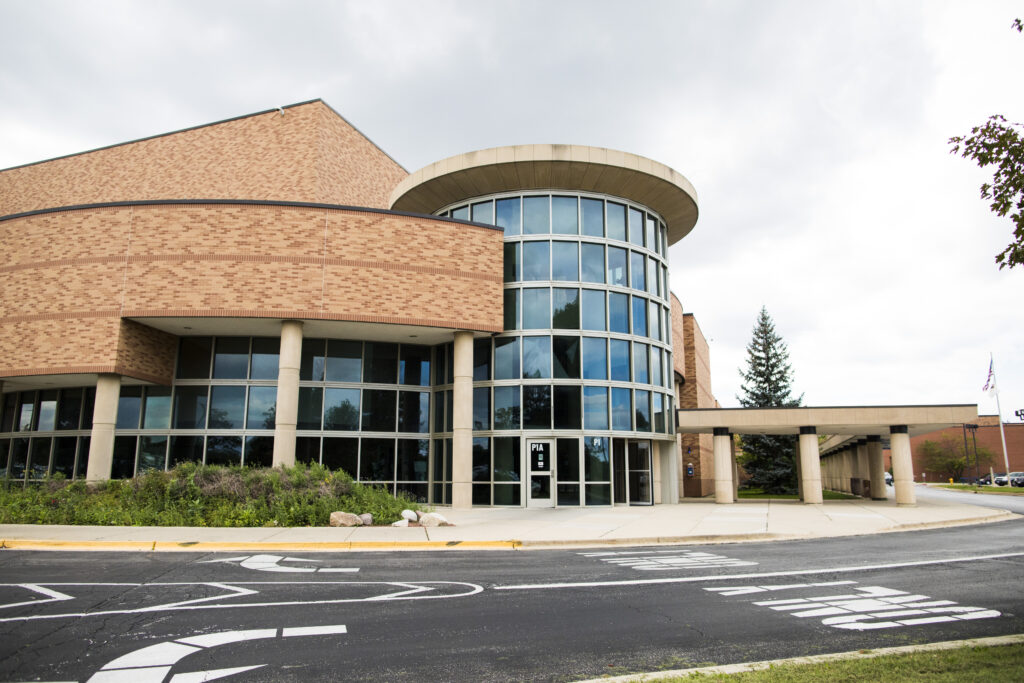
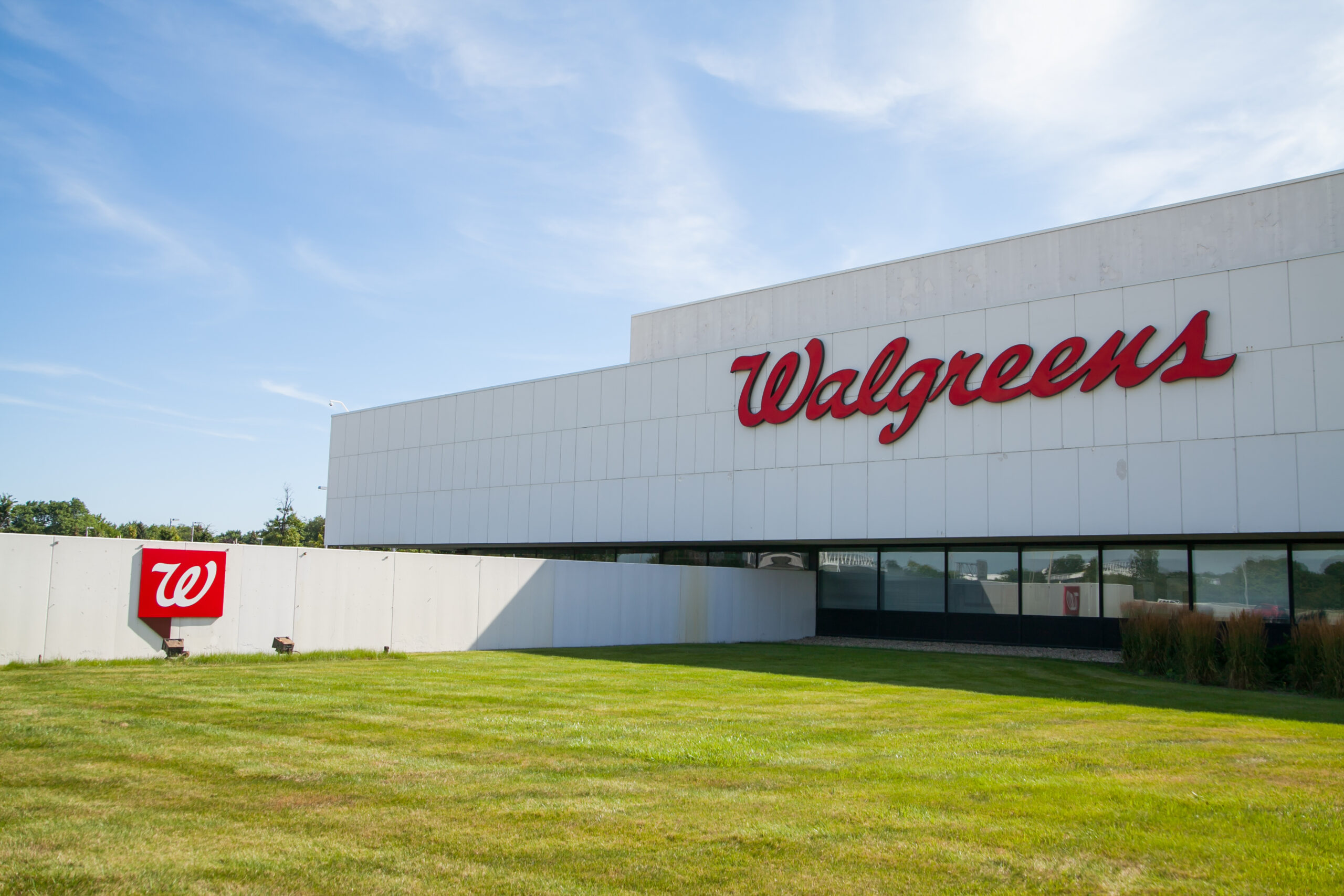
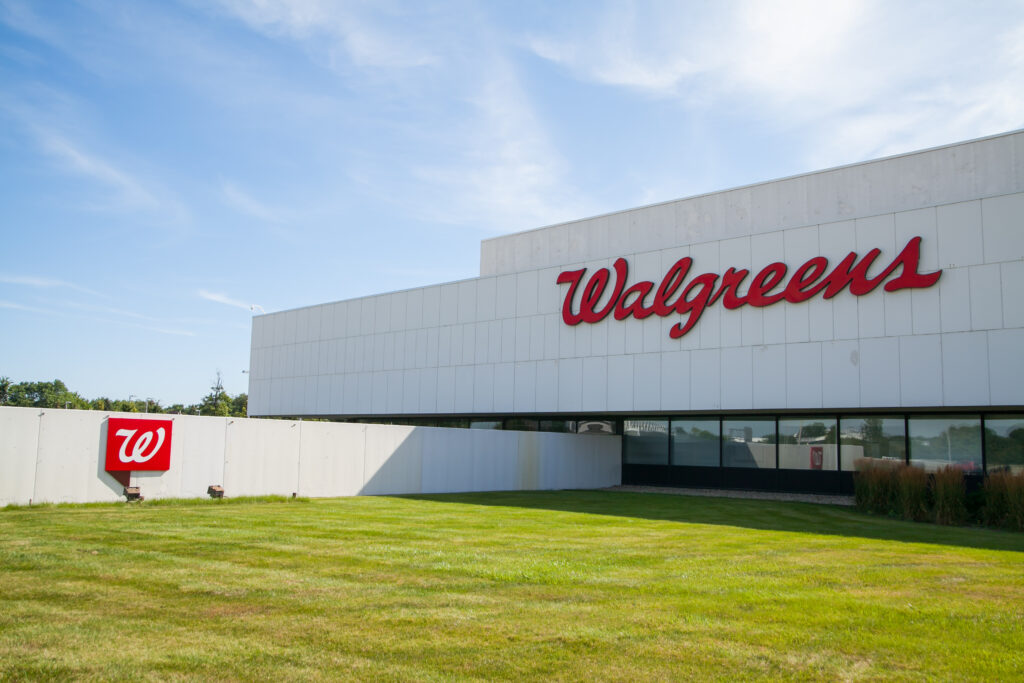



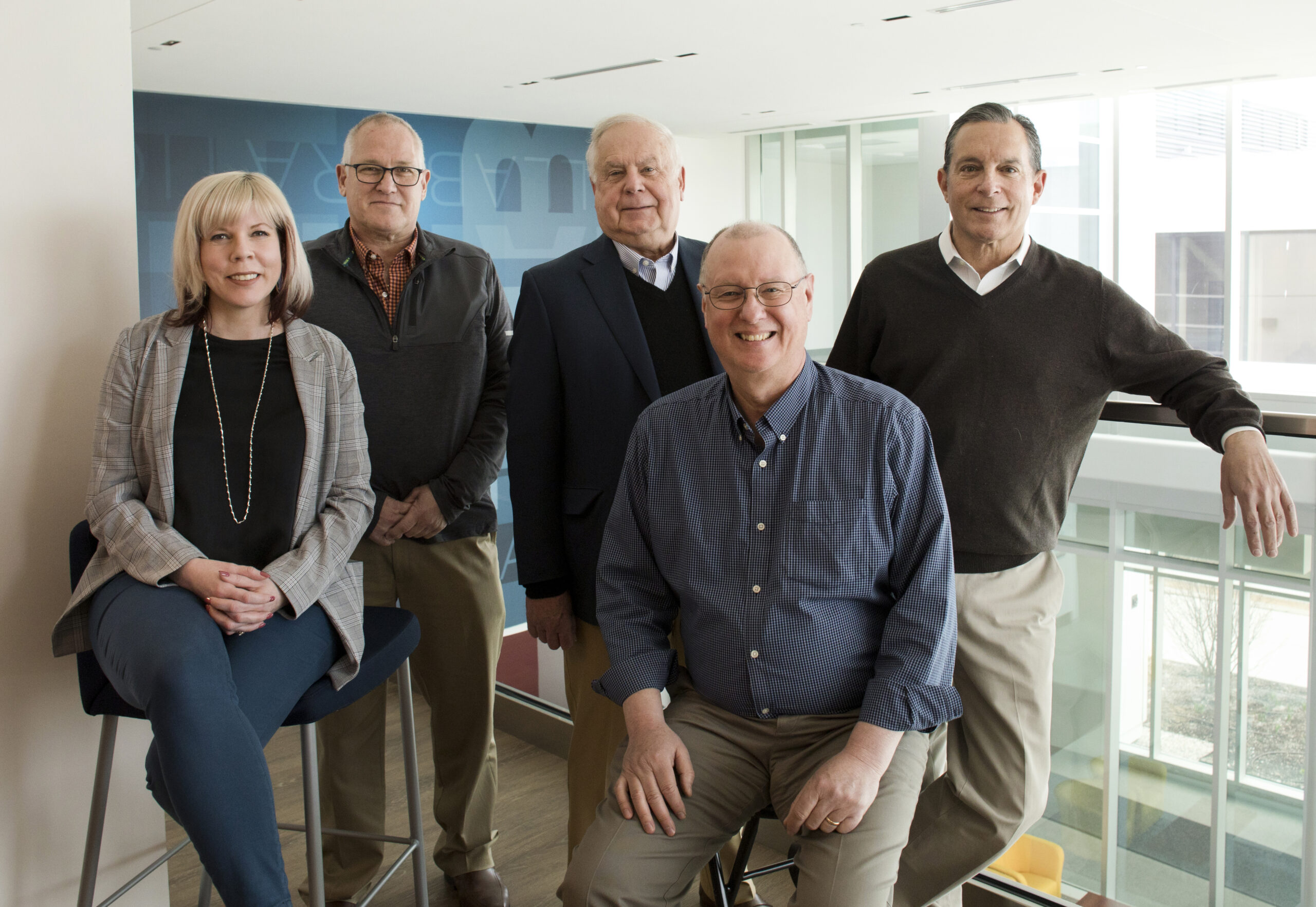
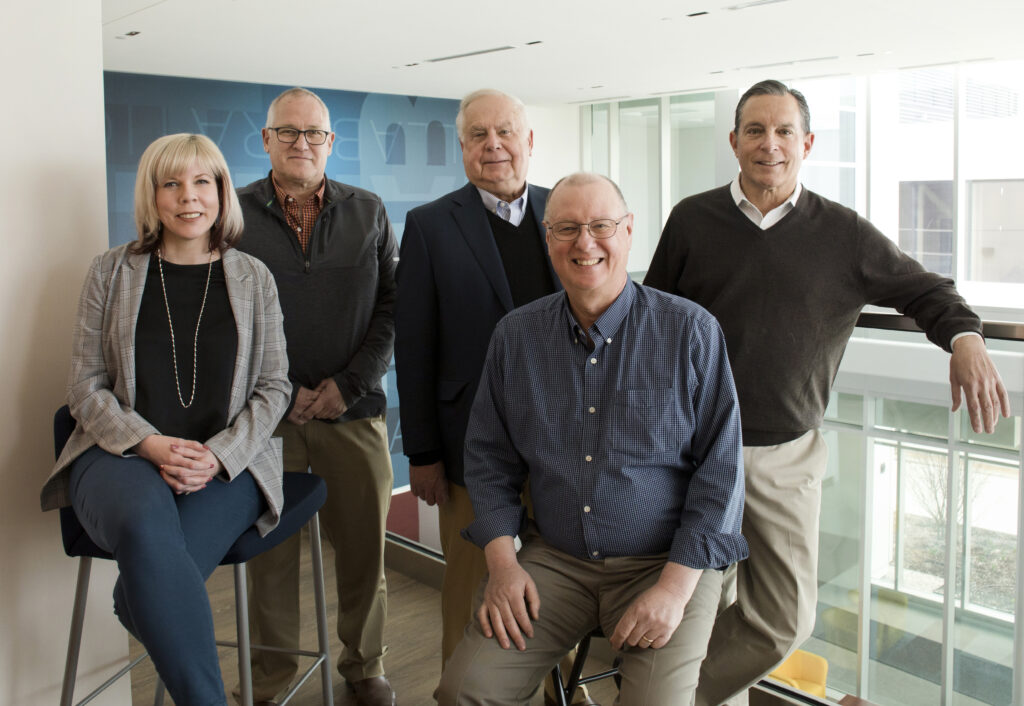
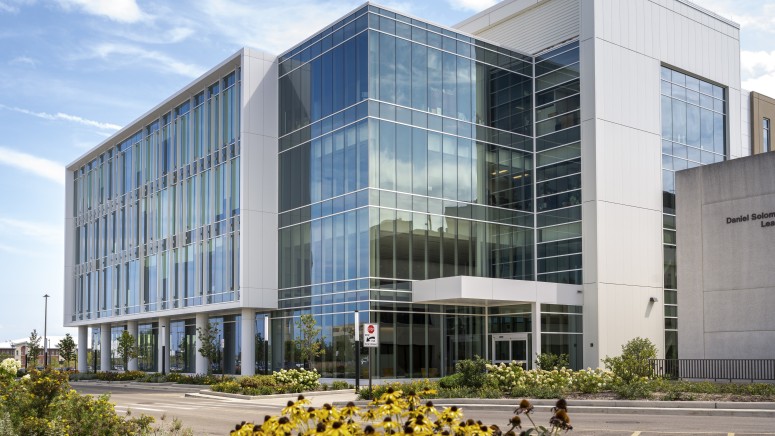
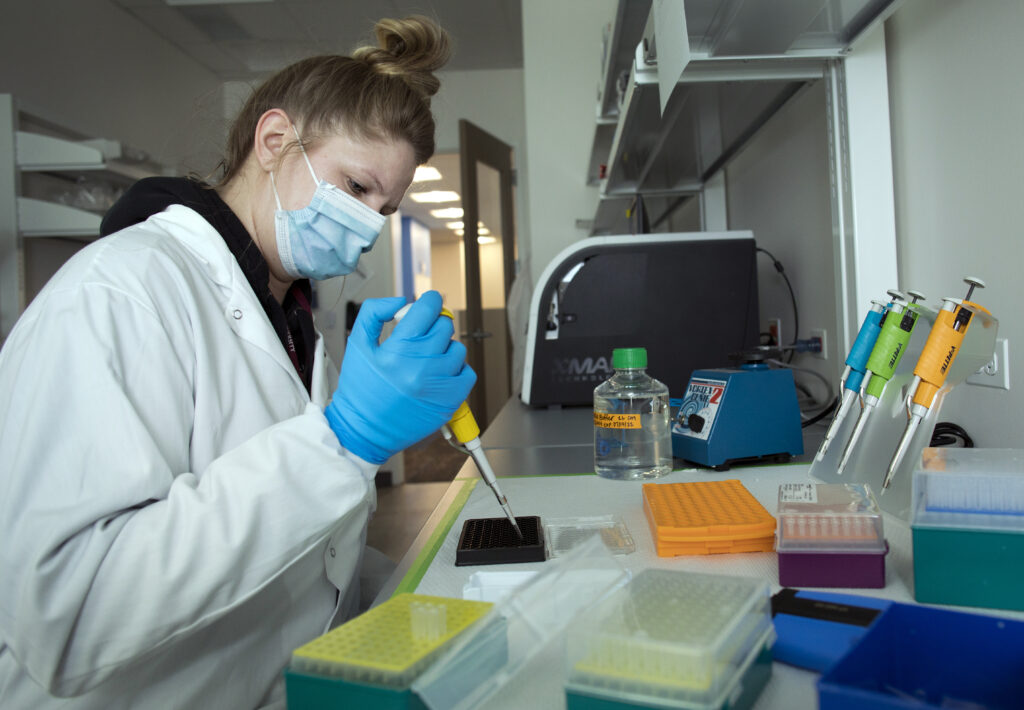
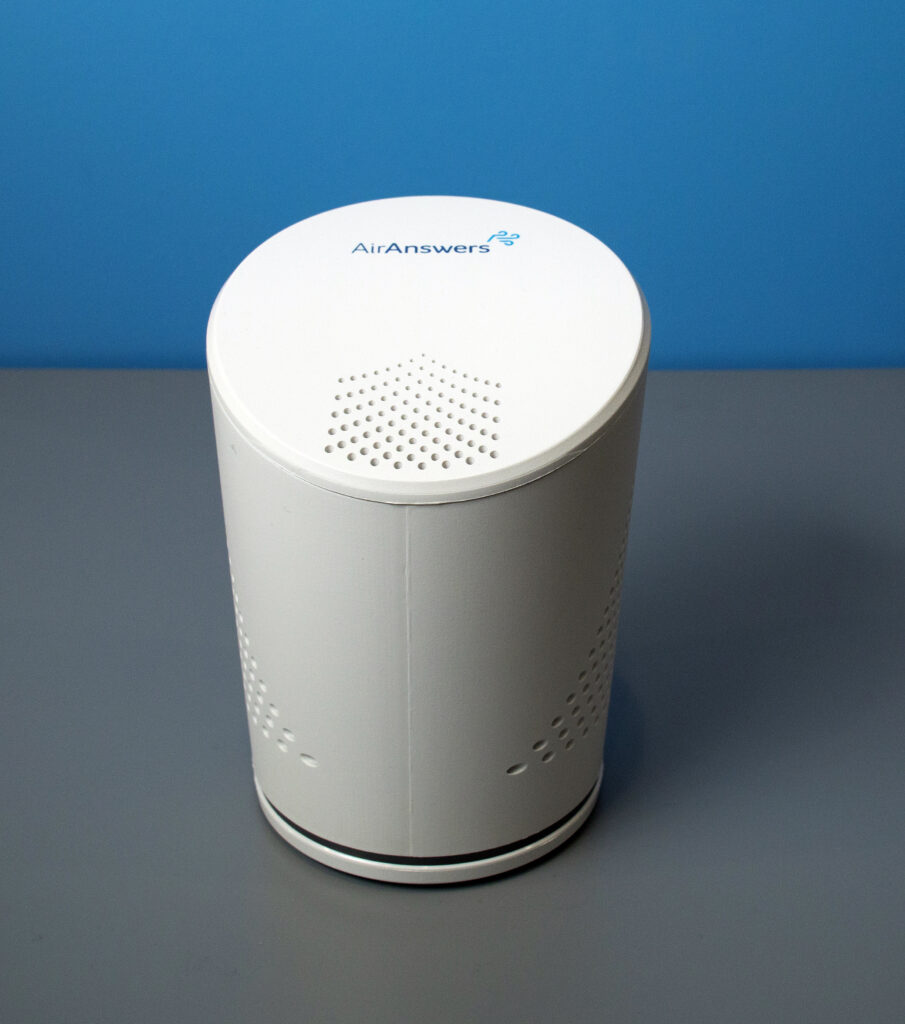
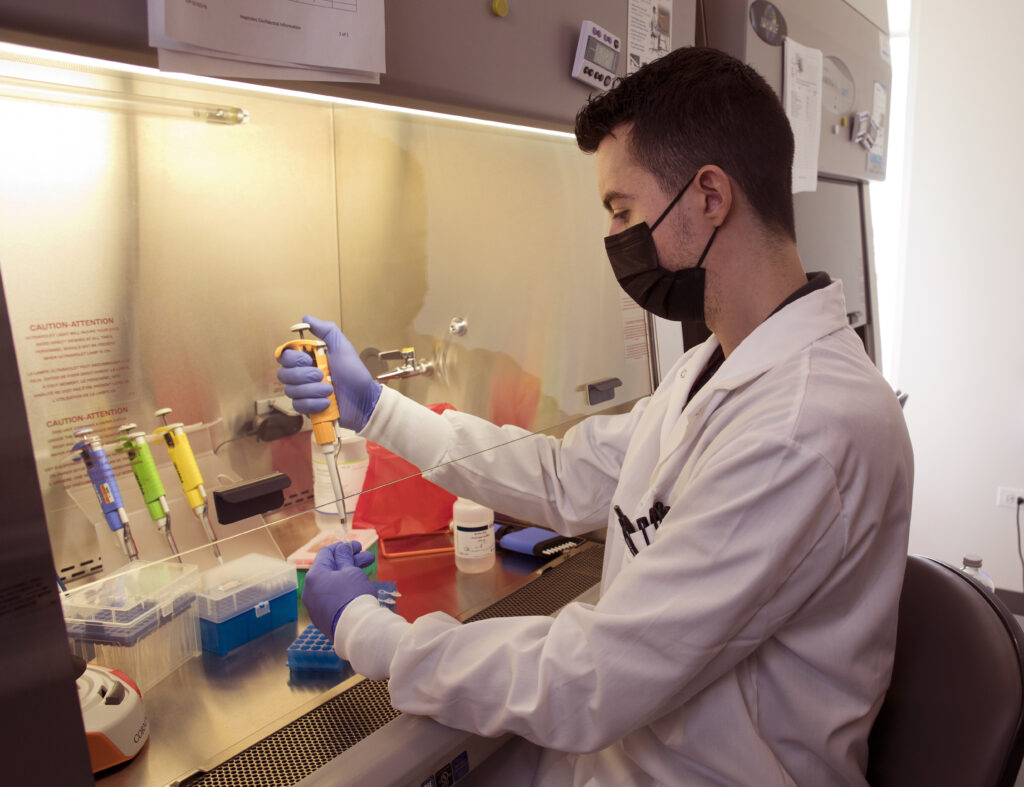
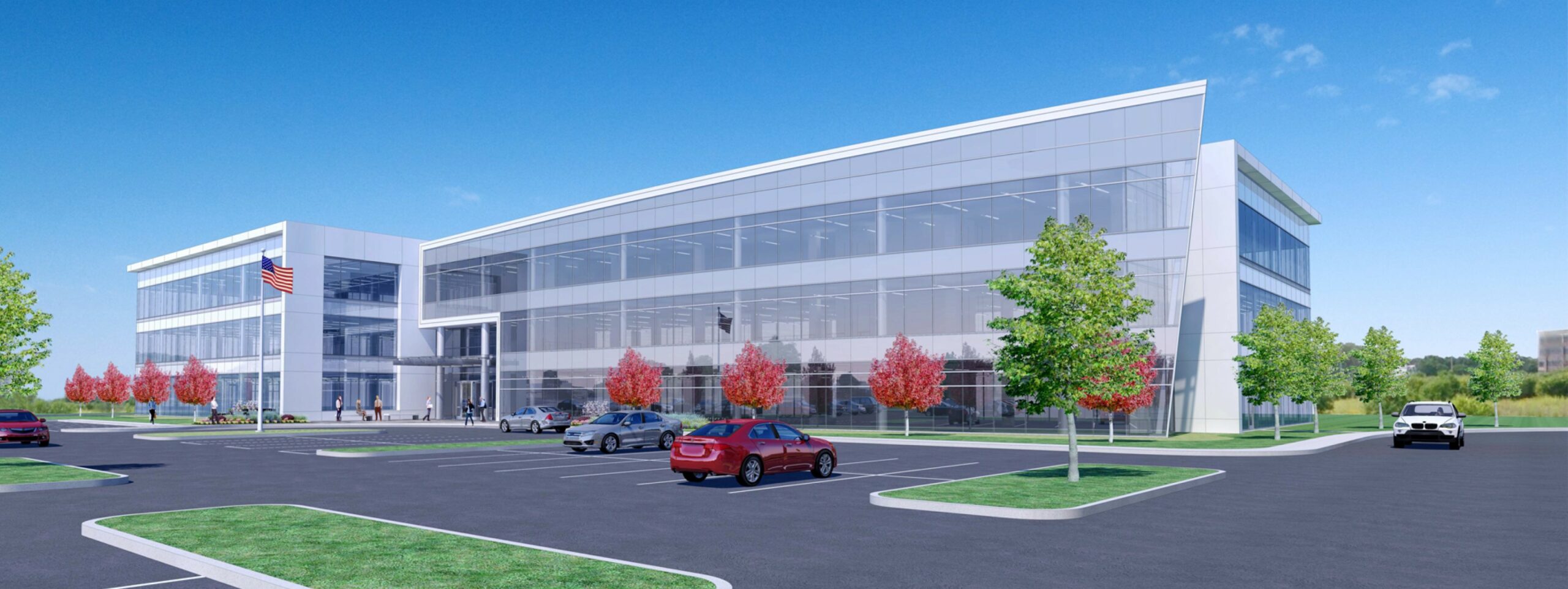
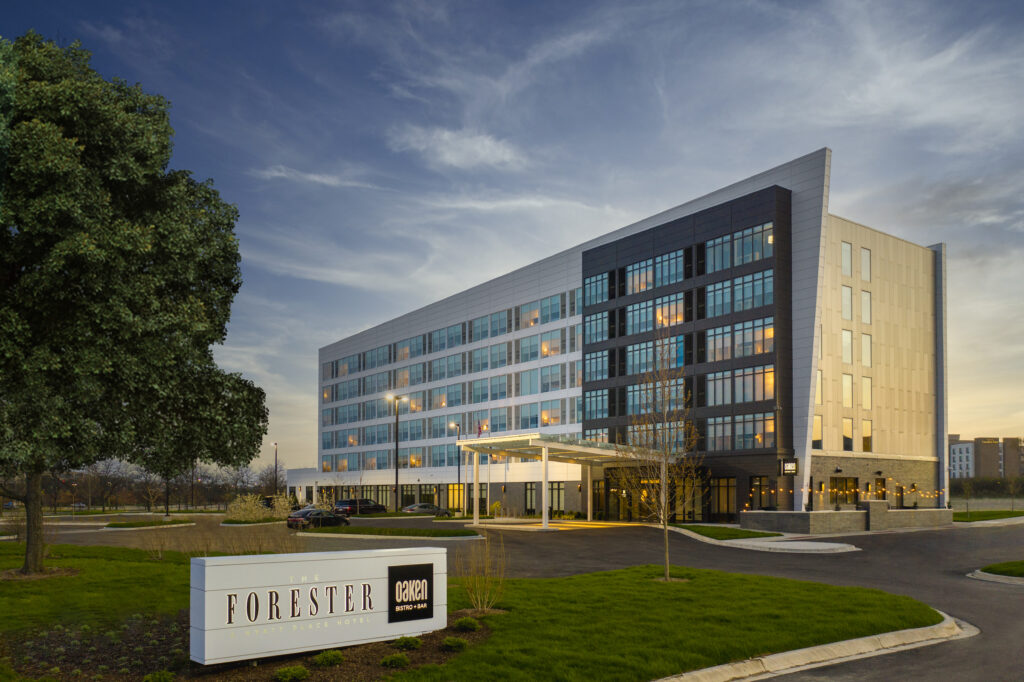
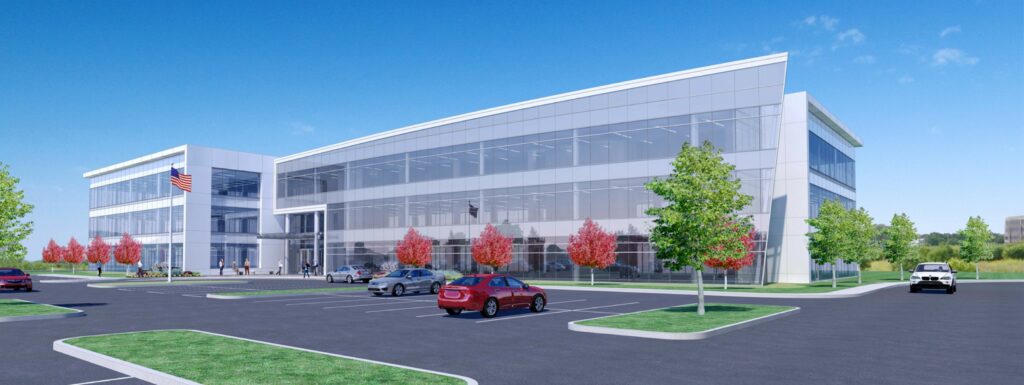
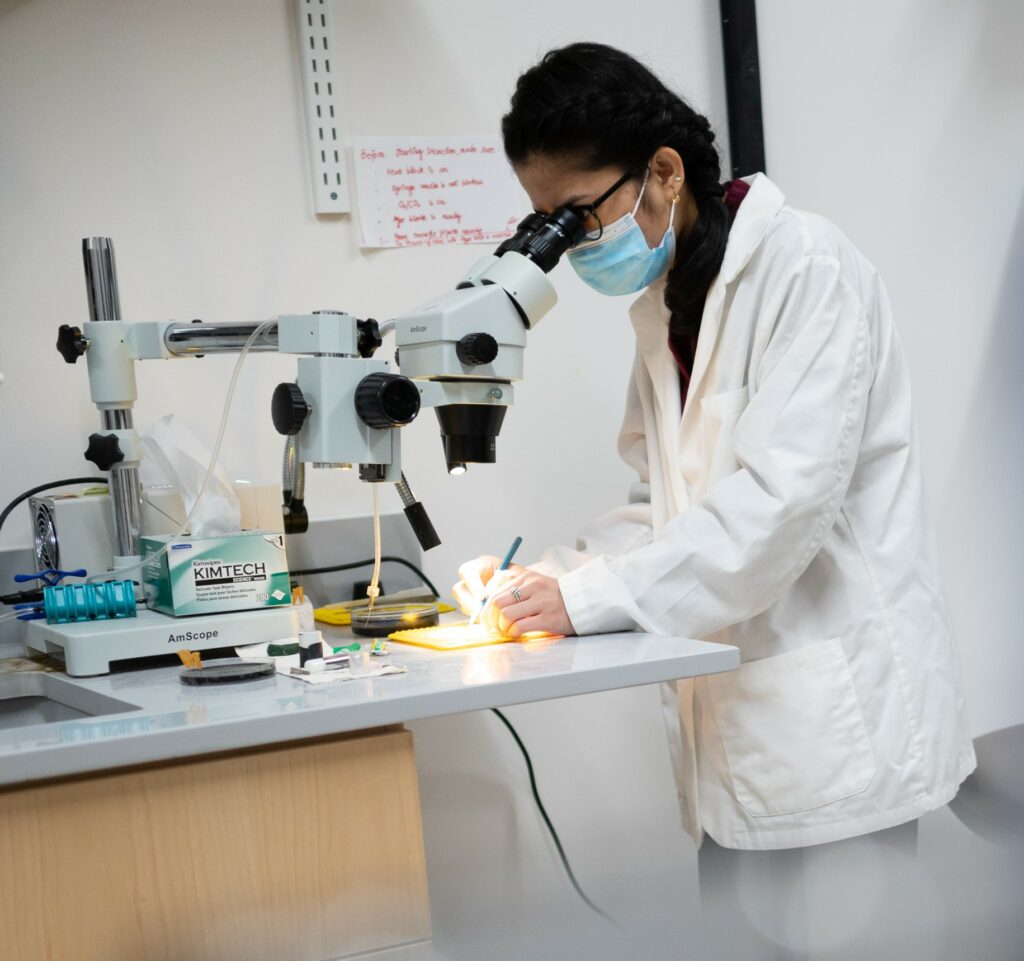
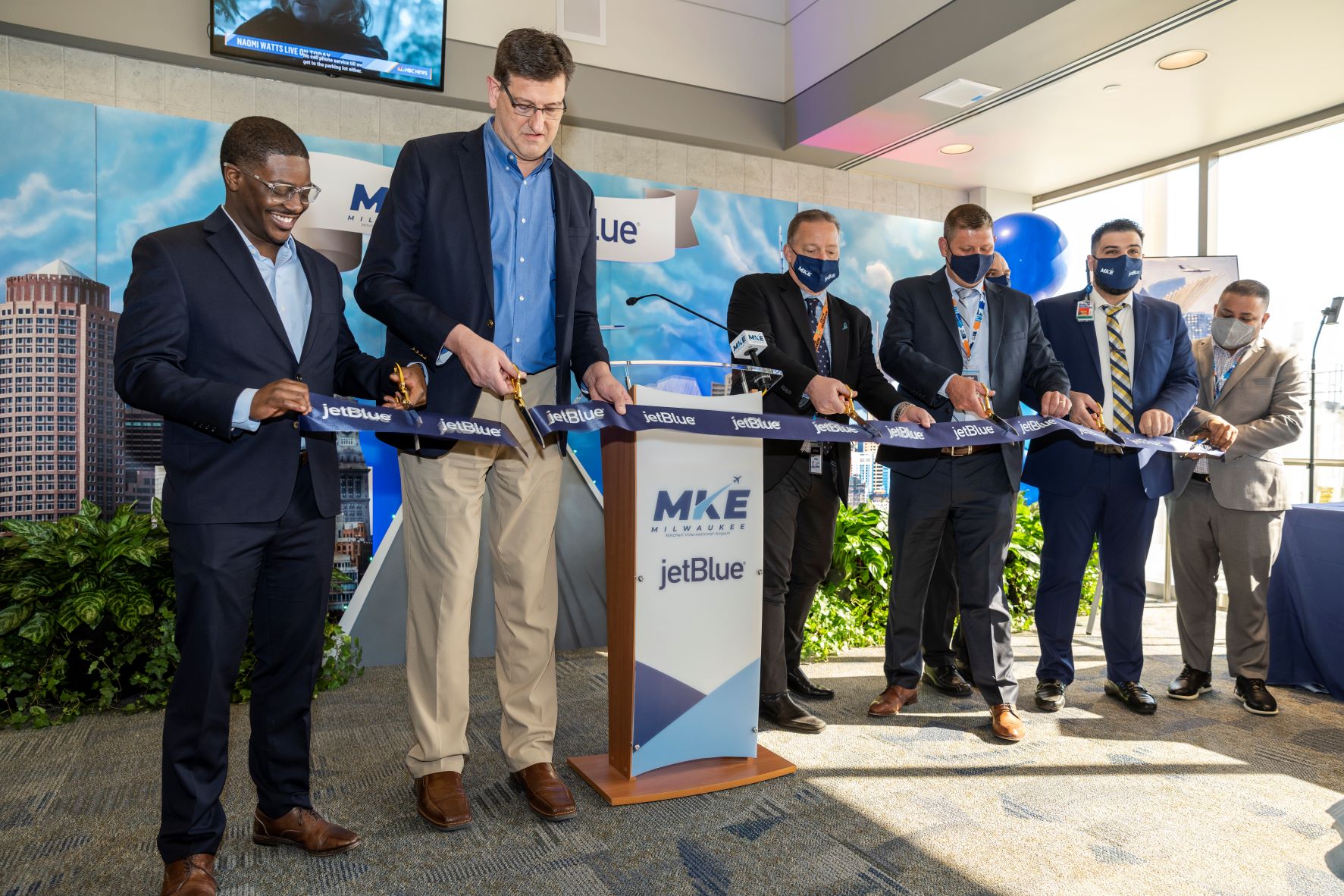
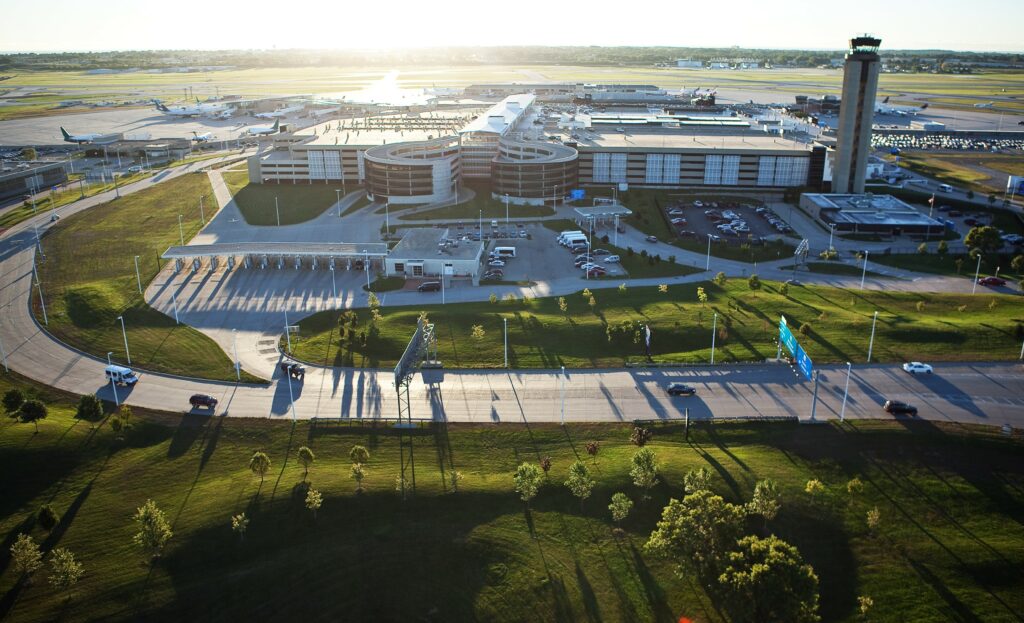
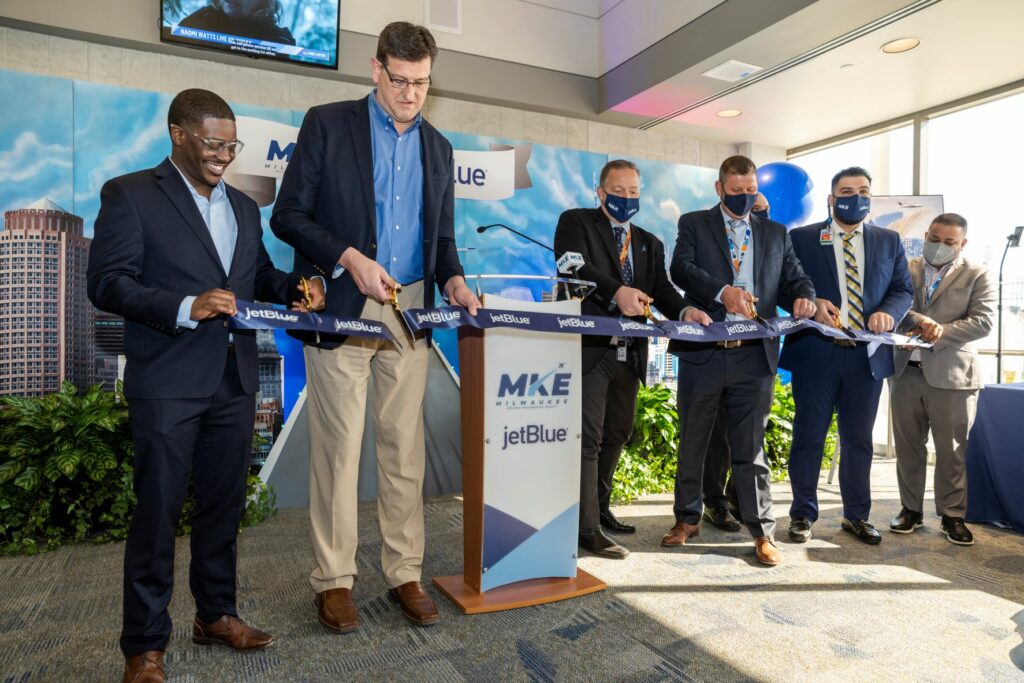
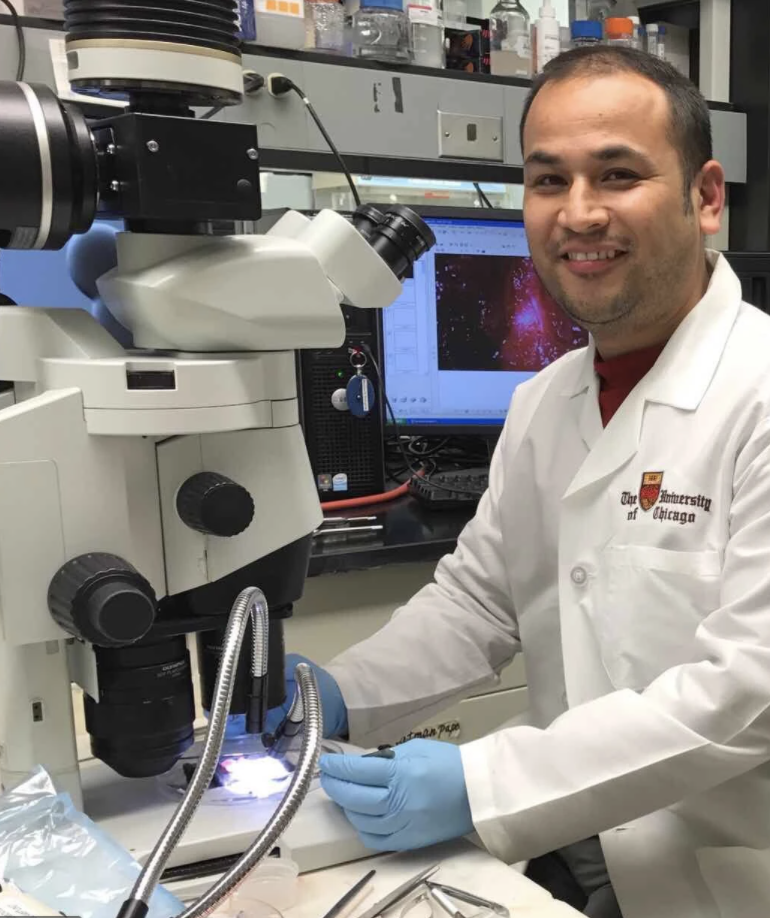
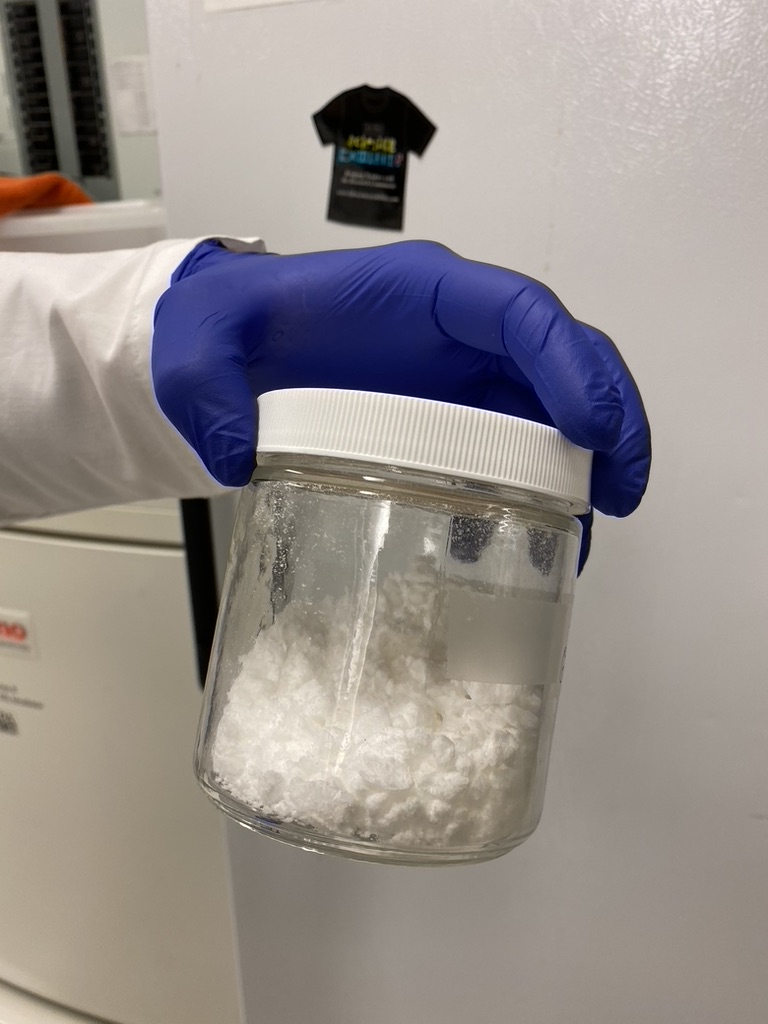
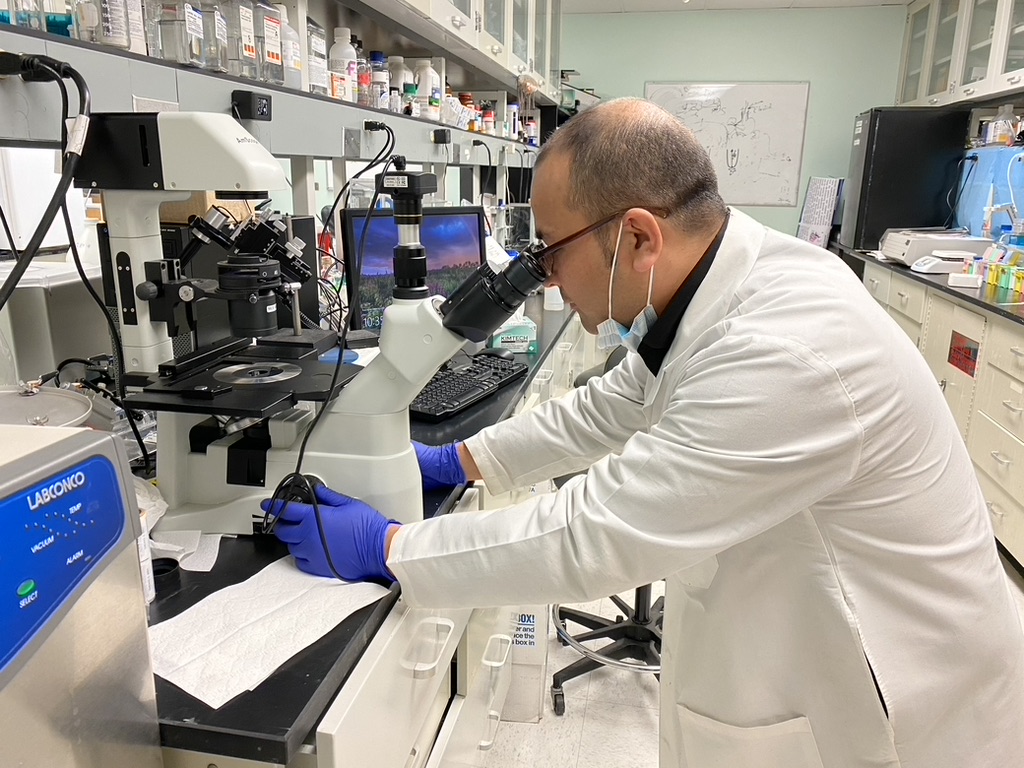


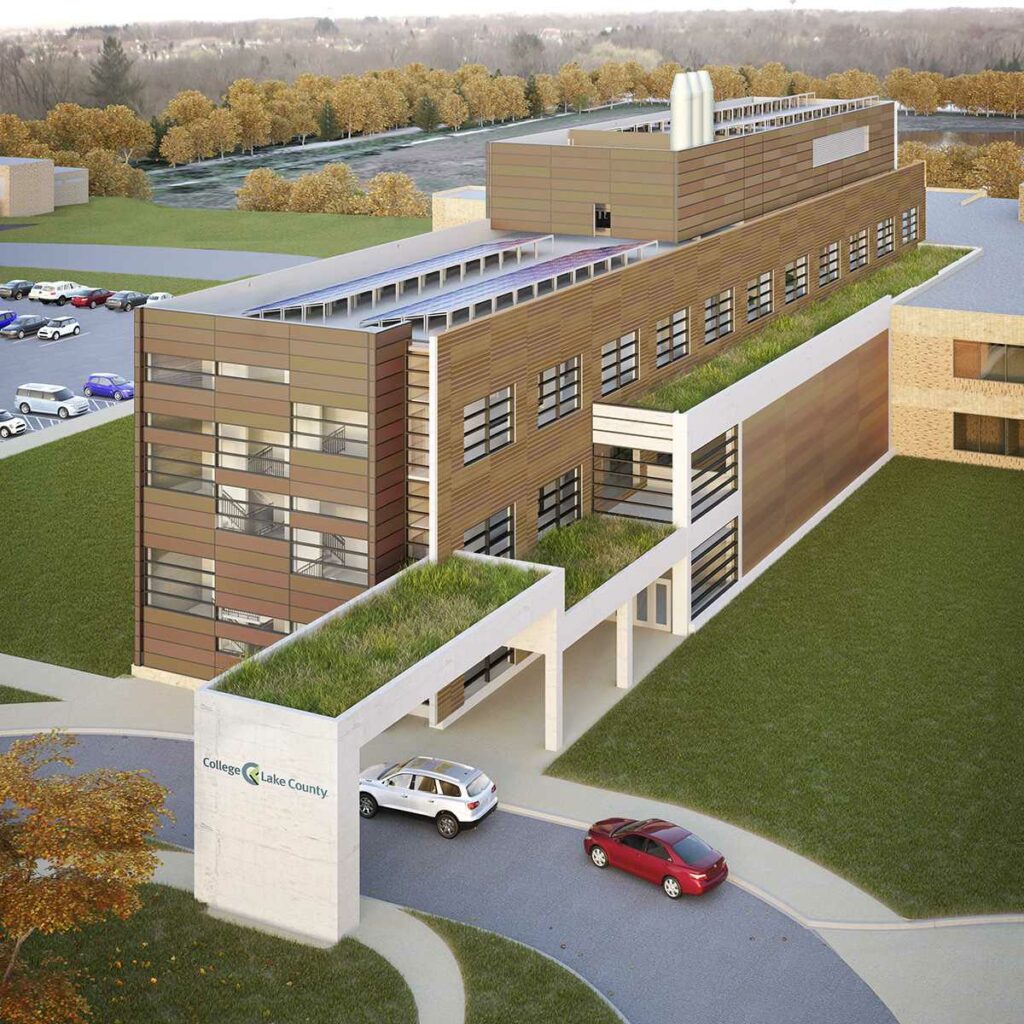
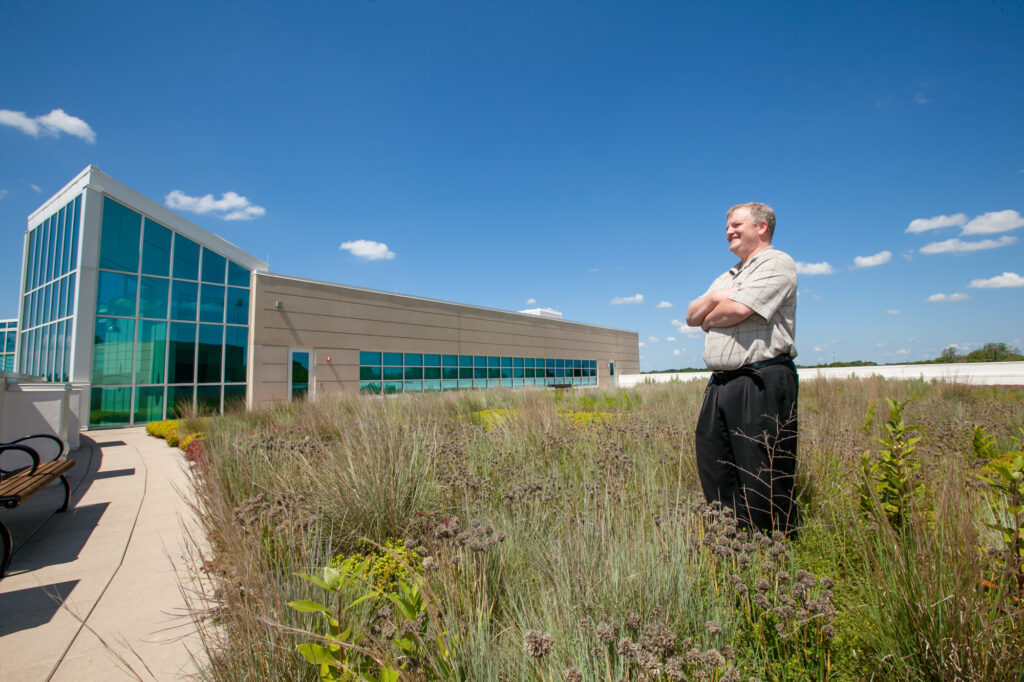



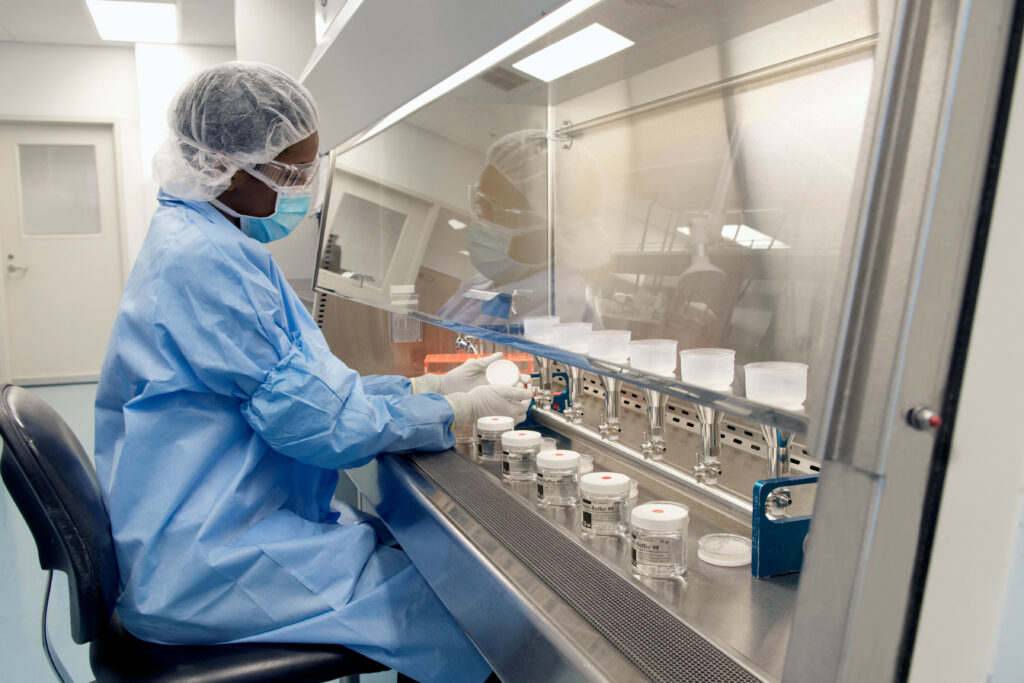
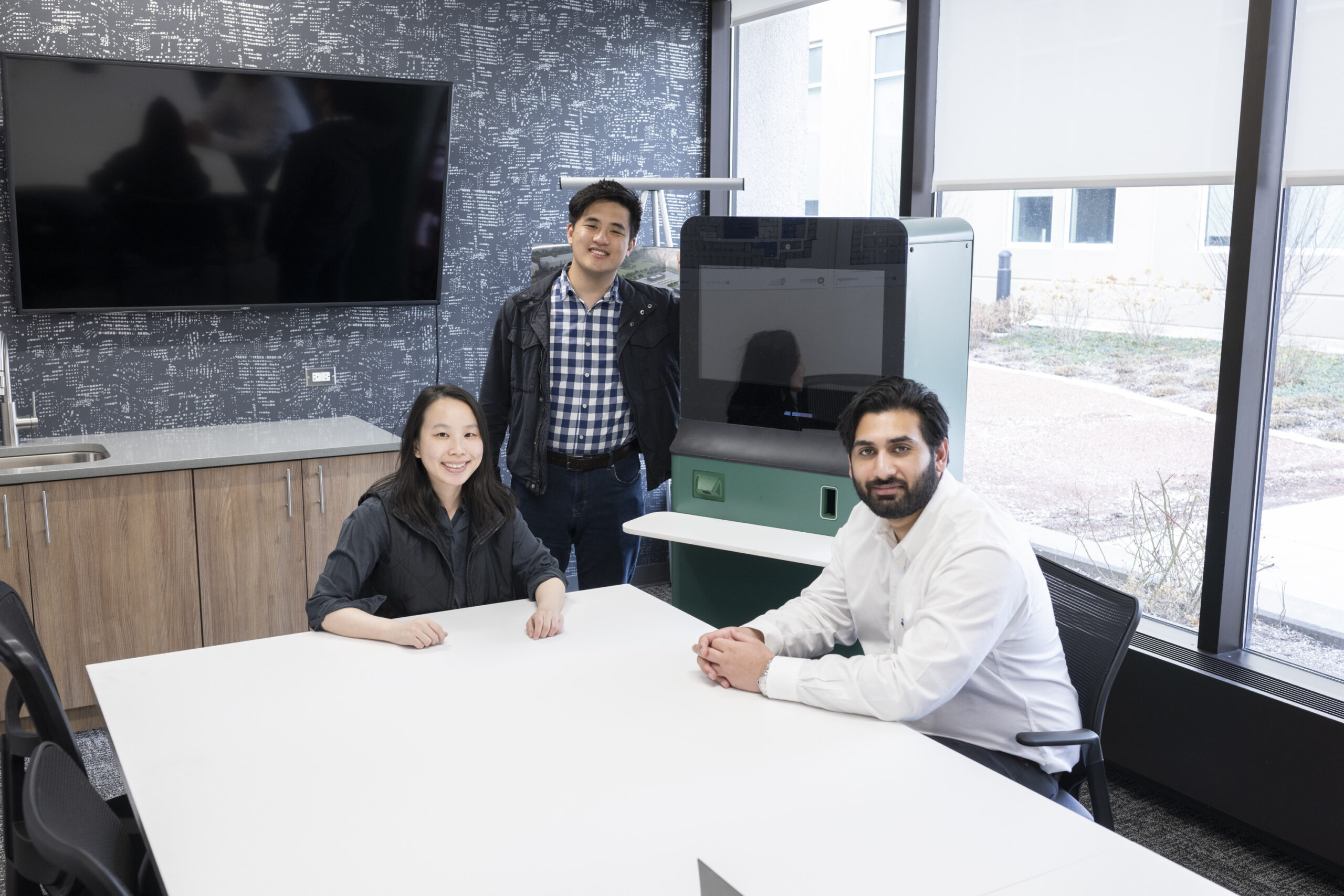
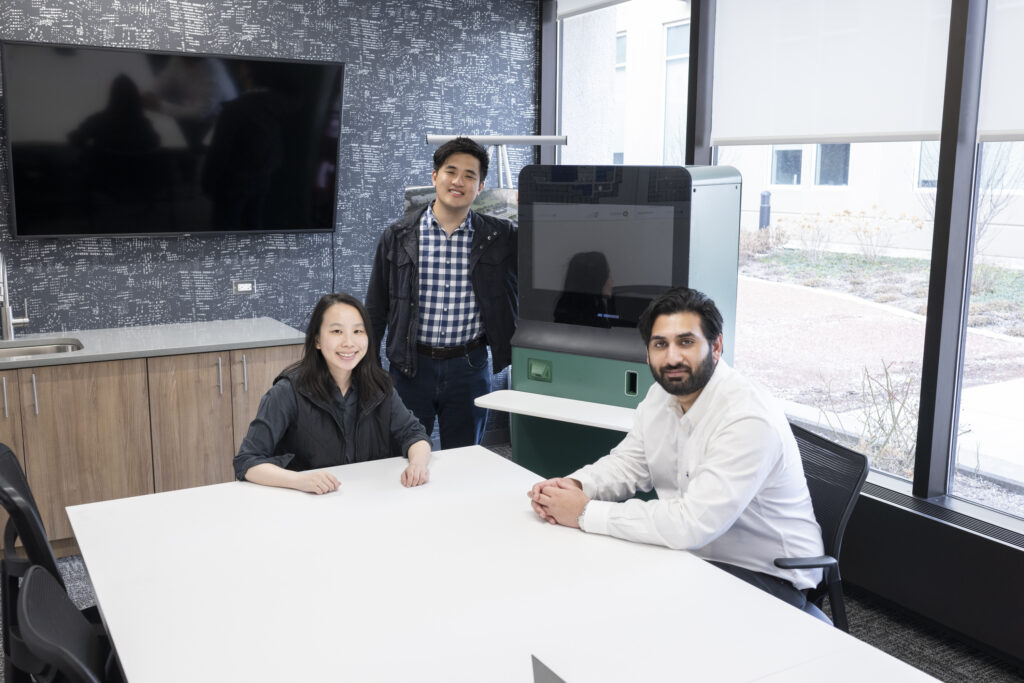
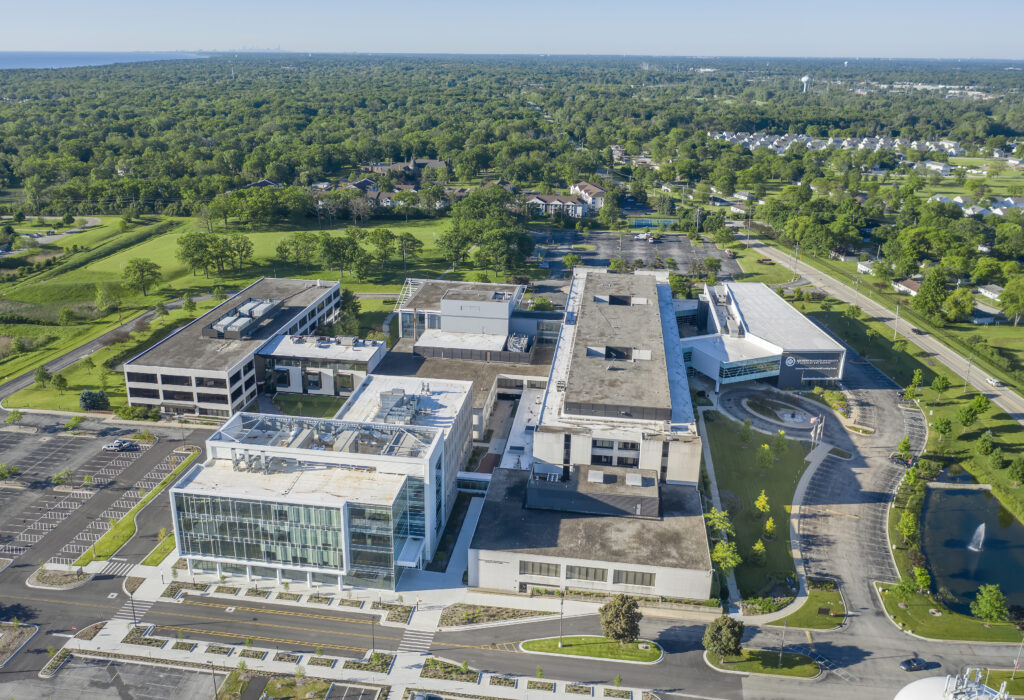
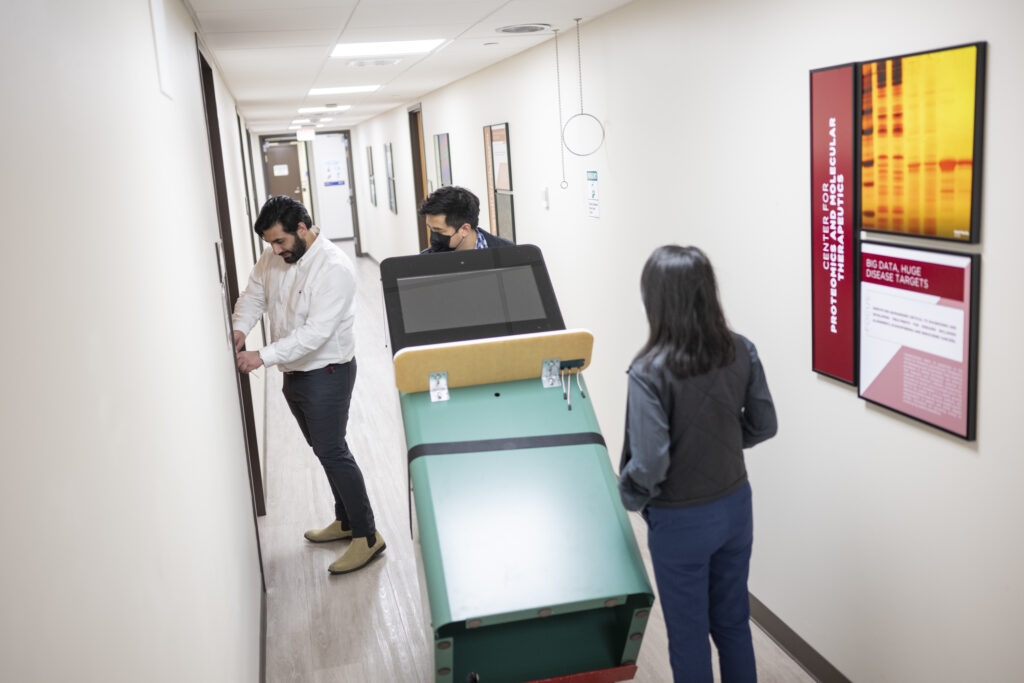
Recent Comments